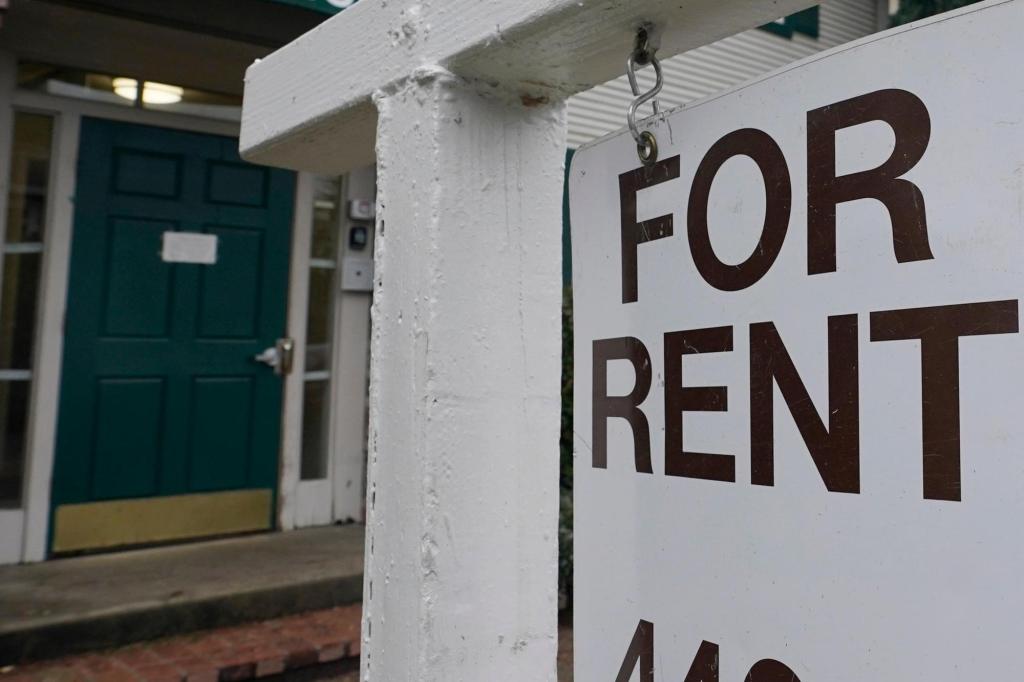
Californians who actually provide rental housing for other Californians might logically be seen as better arbiters of how much that housing should cost than a Sacramento lawmaker.
Nevertheless, members of the Legislature persist in attempting to create new and and arbitrary rent-control laws, dealing in percentages that they simply make up, and that bear no resemblance to the market forces that create real housing: supply and demand, the cost of goods and services, the regulations already placed by the state and localities on builders and providers of rental housing.
The latest attempt to force a truly unrealistic rent-control law on landlords was happily pulled from consideration by its author this week after generating considerable controversy among not only housing providers but fellow Democratic colleagues, who tend to be rent-control friendly, despite what both liberal and conservative economists say about the unfairness and unworkability of price controls, and their disastrous effect on the one single thing California needs most: more housing.
But that doesn’t mean the misguided bill and others like it won’t come back to haunt, and Californians who believe, with us, that the only real solution to both the homelessness and affordability crises is more housing throughout the state’s cities and suburbs need to be vigilant watchdogs against them.
The latest dangerous bill was Assembly Bill 1157 from Assemblyman Ash Kalra, D-San Jose. It would have reworked a current rent-control law in effect, AB 1482, by reducing the state’s cap on rent hikes from 5% plus inflation to 2% plus inflation. It would also have removed exemptions for single-family homes and condominiums, and would have made the state’s rent and eviction controls permanent, rather than the current 2030 sunset of them.
The bill was protested by hundreds of mom-and-pop landlords who descended on the Capitol hearings about the bill, and their opposition seems for the time being to have helped kill the bill.
“Everything is rising—inflation, cost of living, gas prices, taxes — especially in California,” Steed Ahn, the San Francisco-based president of the Chinese Real Estate Association of America, told the California Apartment Association. Ahn noted the simple reality that lawmakers sometimes find it hard to understand: restricting rent increases would deter investment, reduce housing supply, and in the end drive rents higher, calling it “just supply and demand, basic economics.”
The good news for Californians is that moderate Democrats in the Legislature are beginning to push back against bad rent-control laws, joining with the traditional Republican opposition. When Kalra’s draft of the law was moved forward out of a housing committee last month, it did so narrowly, on a 7-5 vote.
And when Assembly Speaker Robert Rivas, D-Salinas, issued a list of housing legislation he considered a priority, AB 1157 was missing from it, making it easier for Democrats to oppose it.
Assemblywoman Buffy Wicks, D-Oakland, was a co-author of the original 2019 rent-control law. While she did vote, before the bill was killed to move AB 1157 out of committee, she said she worried that it could negatively impact housing production.
“If I think that this impacts housing production, I’m going to have a lot of concerns moving forward,” Wicks said.
Democrats and Republicans in the Legislature need to be singularly focused on loosening restrictions on building and owning housing in California for the state to have any chance of relief on its availability and its high cost. This is no time for even the best intentioned barriers.
Originally Published:



